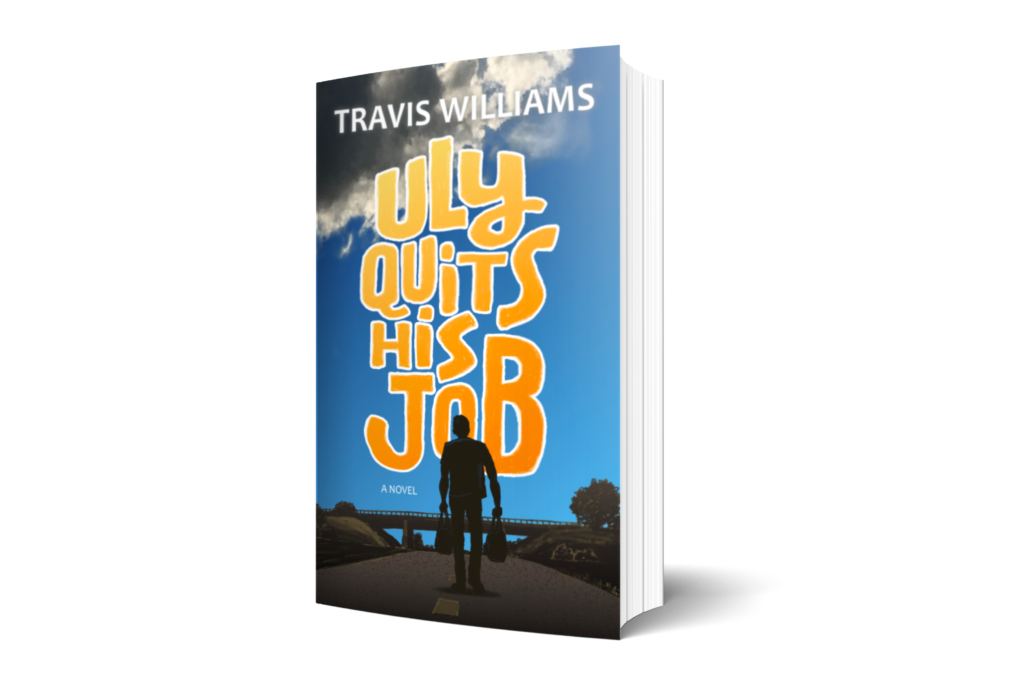Go forth with your ideas. Be productive. Make more pies.
My friends at Siretona Creative recently mentioned the Slicing Pie company to me. They have a software product that allows business partners to efficiently manage shared dynamic equity in a startup with multiple stakeholders. This idea seemed to have merit to me.
But it’s interesting to reflect on the economic metaphor of the sliced pie
There is no pie of fixed resources that is being sliced into tinier and tinier slices in the market by increasing demand and increasing populations.
At some point you were probably exposed to the idea that the more people there are the thinner we have to slice the pie of finite resources to provide for everyone. That’s not a logical sentiment, however, because people are creative, not dead weight.
However, your slice of the finite resource pie doesn’t have to be forever shrinking thereby decreasing your opportunities. Instead, abundance and prosperity grows when two interdependent dynamics are set free.
These two dynamics:
1) Division of labor, and
2) Freedom of association.
Set ’em free.
First, increasing division of labor is accomplished by increasing population.
Yep, even immigrants. Even illegal immigrants.
Larger, growing populations divide labor so that individuals specialize with greater and greater specificity according to their own choices increasing the quality and quantity of the output of their labor.
The key there is “according to their own choices.”
Division of labor doesn’t divide the pie into smaller units, it provides the people needed to create more pies that didn’t exist before.
People are creative, not dead weight.
It’s legitimate and even honorable to fight against population controls as well as war and tyranny.
Also, don’t try to do everything yourself. Delegate, network, collaborate. Share the burden, share the joy, share the income, and share the victory.
Greed is counterproductive and leads to shrinking pie pieces.
Second, freedom of association allows division of labor to exist. A society that values greater freedom of association leads to individuals interacting with one another in their own self-interest in ways that are win-win for everyone.
For instance, the value a reader places on acquiring a book to read is greater than the value they place on the money they part with to get the book. This is a win-win transaction for both the author and the reader in the free market.
Another example is in the labor market. People who work to provide labor and those who pay for that labor find each other and engage in an employee-employer or contractor-consultant relationship that is an expression of freedom of association.
If it’s not win-win, they have the freedom to part ways.
In society, there is nothing but individuals.
Individuals may choose to act in harmony, but it’s an error to anthropomorphize the collective. Governments, corporations, even families, are collections of individuals having agency and responsibility.
If individuals in a society are free, then people have the liberty to make purchases, live where they choose, read or write and publish what they want, take jobs or hire workers or do anything else. There is no Marxist exploitation of workers in a society that values freedom of association. The opposite is true. Socialism leads to statist coercion, undervaluing individual freedom and, ultimately, the cooking of fewer pies.
Individuals enjoy liberty if they are unencumbered by bureaucracy, central planning of the economy, and geopolitical barriers. Capricious legal restrictions, entrepreneurship licensing, and arbitrary law enforcement, are antithetical to liberty.
Furthermore, travel restrictions, lockdowns, fees, taxes, censorship, compulsory standards, mandates, regulatory compliance, coercion, enforcement, conscription, or anything else that limits individuals stopping them from pursuing their own choices decreases individual freedom of association.
It’s not just governments that encumber freedoms.
There is also a problem when the individuals who have government power—or who have benefited from it—sit idly by allowing others to keep us from acting in ways that are in our individual self-interest.
Finally, markets scale up or down in a way that is fractal—small parts look a lot like the bigger picture. This is the key to shared success and prosperity. Within a market, abundance increases for each individual who chooses to act. The pie doesn’t shrink.
People aren’t mere consumers. They are also creative producers.
Increasing prosperity is enjoyed by each person who chooses to engage in the economy with their own influence and in that way participate in the division of labor. The pie grows each time a person engages their freedom to associate in the market with whomever they choose in whatever way they choose.
Whole countries can grow in a free market environment, or you can experience the extraordinary power of a free market individually. Even if only one person chooses to act in a way that takes these concepts seriously, that person will benefit.
That means you. Go make more pies.
Travis
Travis Williams earns sales commissions from qualifying purchases made by following links on this webpage to Apple, Barnes & Noble, and Amazon.com.

